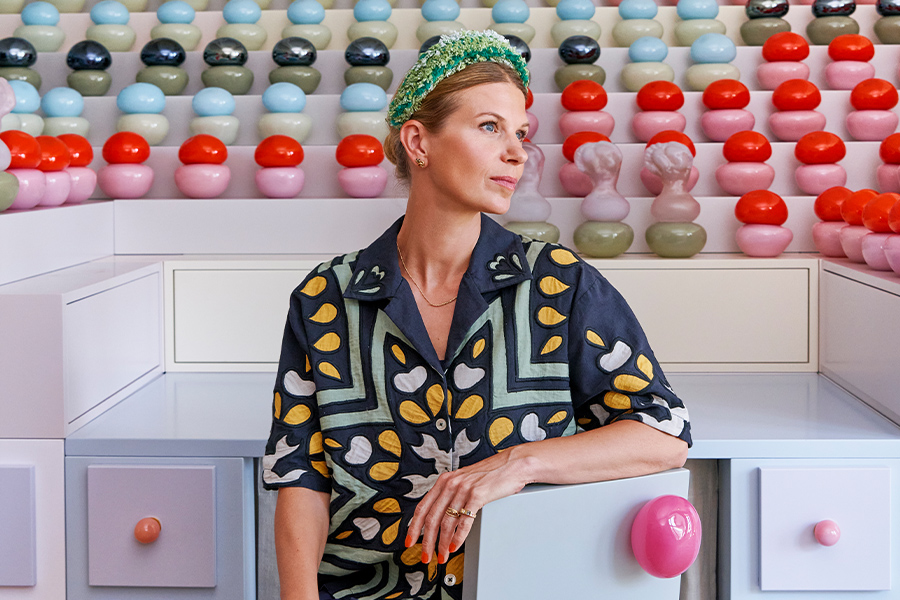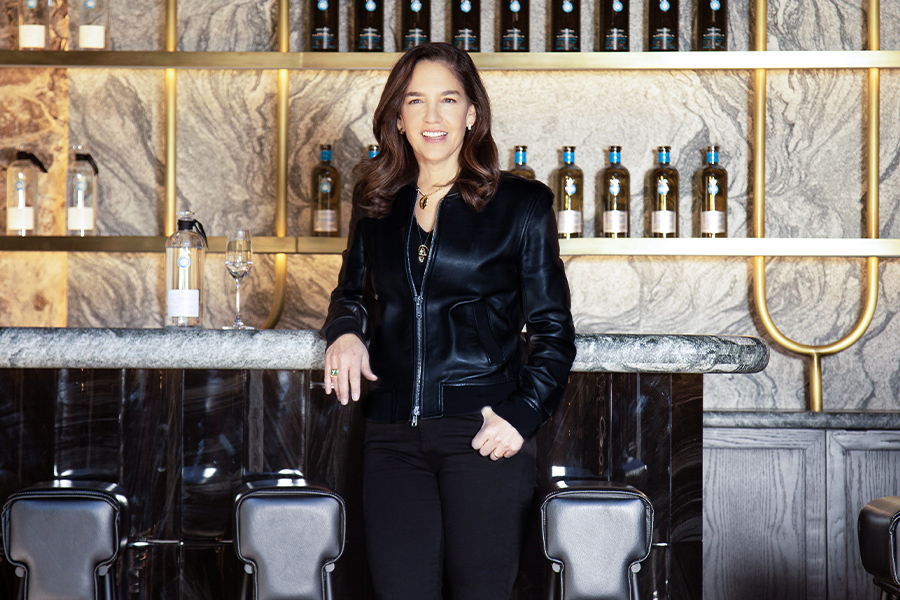Leaders discuss unemployment amid COVID-19, responding to customer needs, and what the next phase of recovery could look like.
Amar Lalvani
CEO, Standard Hotels
On employment
More than anything, I think how brutal this has been for the industry but really the employees who work in our hotels. It’s tragic and wears on us every day. One thing we’re seeing is the importance of government in terms of plans going forward. The UK government allowed companies to keep their employees on payroll and reimbursed 80 percent of the expenses. That means we still have our teams together, which is critical to getting them back on property and ready to reopen. In the U.S., there was no such program. Companies had to go through a labyrinth to access Paycheck Protection Program (PPP) loans from banks with opaque rules on duration of payroll covered, use of funds, and debt repayment and forgiveness. This approach caused most companies, including ours, not to be able to keep our teams employed and together. It was a program that was the worst of all worlds for hospitality.
On rethinking F&B
We should rethink the models as opposed to doing compromised versions of existing ones. The crowding of spaces is something we have to think about. For phase one of opening, we’re looking at a counter service-type model. You can imagine a bartender making great cocktails and serving food but having less touchpoints, less servers, and allowing people to spread out. It’s our version of a public park where you have music, people, distance, and something good to eat without the crowd.
On the future of hospitality
I hope the days of thinking of hotels as tradable boxes and assets [is over]. These are organisms with living, breathing human beings. Some of the participants in the market who think of them that way won’t think of them that way again given the human toll this has taken and the stark realities of all the people we rely on every day to make these buildings come to life. I hope there’s a renewed appreciation for that.
Allison Reid
Chief Development Officer, Kimpton Hotels & Restaurants
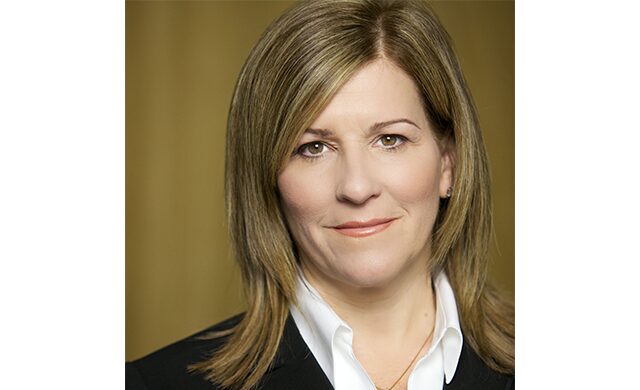
On strategic thinking
As we assess our new landscape, we are evolving programs and amenities to support physical distancing and public health best practices. It’s vital that the hospitality industry continues to provide people-first service and experiences. We are also keeping the door open with our guests and listening to their feedback to minimize any blindspots in this new environment. Together, we can continue to work toward a new way to travel comfortably, safely, and thoughtfully.
On responding to customer needs
Operators are figuring out how to clean rooms and public spaces effectively and efficiently while controlling costs. For example, we may pull [out the minibar] temporarily and have the items available at the front desk to minimize surface contact between guests. If the guest is looking for wellness options, they can use our complimentary yoga mats and bikes that are disinfected between guests. Our TVs have on-demand yoga and Pilates demos as well.
On pivoting F&B concepts
Over the last few months, we’ve been sharing virtual social hours on Instagram. Every week, our bar team shares tips and tricks on a fun cocktail or spirit. We’re also thinking through how best to package and deliver our F&B without sacrificing quality and maintaining the design-forward ethos of our brand. Like anything else in our business, we have to find the need that the customer has and then figure out a way to solve it profitably and creatively.
Helen Jorgensen
Vice President of Design and Procurement, Host Hotels & Resorts
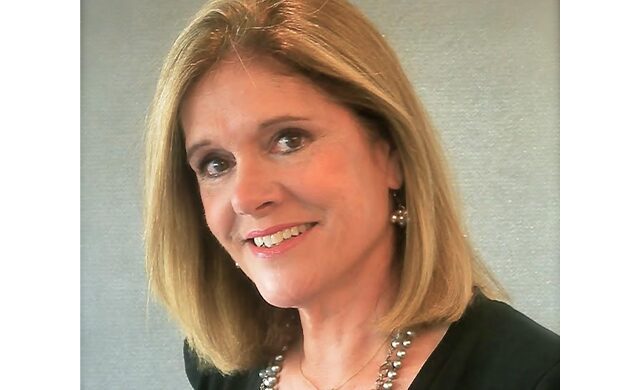
On recovery
While we did have reductions in the portion of our 2020 CapEx budget that wasn’t already spent or committed, we’re still reinvesting in our portfolio this year. We expect renovations to position us to achieve meaningful RevPAR gains through the next cycle, particularly since many hotel owners have been compelled to cut back on renovations at this time. Construction bids are coming in below budget and market pricing is expected to keep declining, so we are continuing on with our brand improvements.
On sustainability
When people see how the earth has somehow cleansed itself [through this pandemic], I hope sustainability and wellness become a strong force, and not just in materiality but having hotels [reduce their] carbon footprints. I hope we can continue to make hotels a unique respite not just personally, but also for society.
On lessons learned
Work with your partners, your brand, and your suppliers to get ahead of the situation. Don’t let the situation dictate what you have to do. Try to help manage it or guide it to where it needs to go. That way you avoid some surprises.
Jim Merkel
Founder and CEO, Rockbridge

On recovery
The biggest challenge with the business is that there is no business. We have to be safe, but we have to open up the economy. One challenge the market will face over the next 24 months is lack of historical performance to underwrite. That impacts the market on the credit side because the banks get all the downside and none of the upside. As lenders and investors look at underwriting and try to determine value, the market will be more conservative than it has been in the last four to five years.
We have to learn to live with this virus, and the government cannot support a $24 trillion economy with stimulus. For all the jobs our industry supports, it is important we get rebooted, because the economy will take some time to get back to where it was pre-COVID-19.
On reopening
Right away, we did a deep dive into operations. Like other owners, we needed to preserve as much cash as we could given that demand evaporated. We closed 11 hotels out of 72 (four were in development) and by July, we will have 70 properties open (two remain in development). Our projects under construction have been a bright spot because we haven’t lost the operating income yet. We’re optimistic about getting all properties open, but challenges will continue for a while.
There’s not much of a cost difference between being closed or slightly opened. When a hotel is closed, it’s not free. There’s a lot of fixed costs associated with the real estate, protecting the asset, and you must maintain five to eight employees even in a closed hotel.
On longterm thinking
We’re not making drastic permanent decisions but being responsive to what the customer wants. We see this as very dynamic. [People want] social spaces and strong F&B areas, but right now, there’s a bit more fear in the air. We are paying close attention to what is value added to the customer, but it’s too soon to determine what will matter. Some of the things we’re thinking about today people won’t care about, while other things we will learn from our customers as they return. The industry is nimble, and we’re paying attention and trying to capture any information we can that can provide a value-added service to our customer.
Josh Wyatt
CEO, NeueHouse
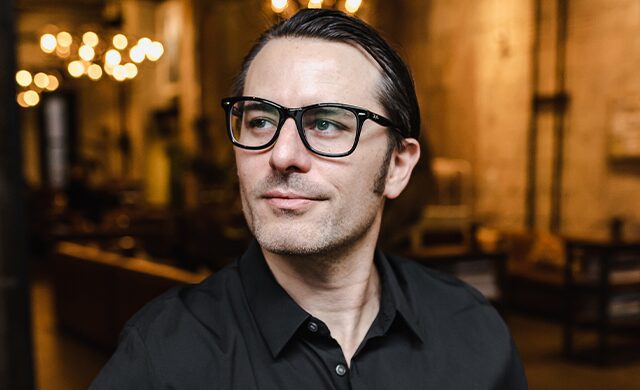
On reopening
Now more than ever it’s important to show our members, our vendors, our employees, our investors that our community is developed on trust. As we think about opening, we’re taking it one step at a time. A lot of this is like running a new business. I have reached out to my team to try to educate them with a mindset of this is a restart and a rebuild.
On design changes
We don’t know what hospitality looks like yet. There will be design and operational changes behind the scenes. When someone walks in, the PPE won’t be right in their face. [Members] won’t notice that we’ve changed how people enter the building. It will be designed in a subtle but safe way. I’ve seen it so far here in London done the wrong way, with big Plexiglas boxes blocking people in and black and yellow police tape saying where you can queue. That causes fear.
On the big picture
These types of big force shocks and changes in the way humans live happen every 50 or 100 years, and this is our moment. Our generation has never had this opportunity to change or be forced to change. While the impetus for change is incredibly horrific and extremely destructive in terms of loss of life and loss of financial wherewithal by many industries, it is in a way a significant opportunity for us to evolve and to make things better. We’ve learned in the past weeks that less is a little bit better. We don’t have to move as fast as possible. We don’t have to have this constant emphasis on growth. We’re not sure what [the rules] are, so let’s rewrite them.
On clarity
One of the speeches I’ve given my team is, ‘Look, we’re running a marathon right now. Let’s not put a 50-pound backpack on our backs and run zigzag. Let’s take that backpack off and run straight. We’ll get to the finish line. It’s going to be a hard race, make no mistake.’ That sense of clarity is extremely important to make our lives a lot better and a lot more mentally stable and calm.
Photos courtesy of Standard Hotels, Kimpton, Host Hotels & Resorts, Rockbridge, and Seuss Moments

